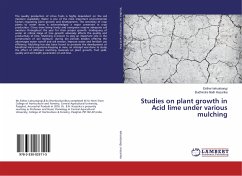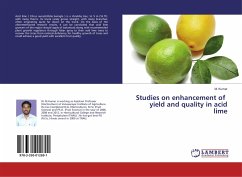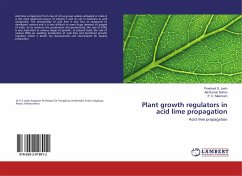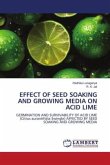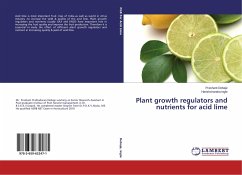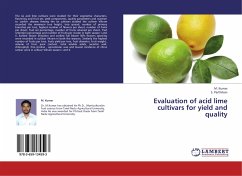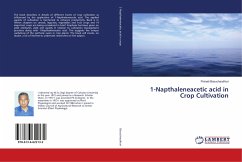Acid lime is appreciable not only for its beautiful appearance and pleasing flavour but also for its excellent fruit qualities. Limes are used as fresh fruit, preparation of pickles and beverages. Lime is a good source of vitamin C and has a good antioxidant property.There is an need for regulation of cropping and fruit maturity in limes. In spite of great demand for this fruit, the commercial cultivation of acid lime have not been taken up so far in many feasible areas.The major constraints faced by growers of acid lime are the peak and lean production of the trees in a year. gibberellic acid enhances fruit set, promotes cell elongation and growth of fruit.Considering the potential of the crop, there is need to study the performance of the crop under the various agro ecological situations. Further regulation of flowering can give a scope for harnessing its potential to a great extent. Hence, present study on acid lime was under taken with following objectives. 1.To study the flowering behaviour of acid lime under Pasighat condition. 2.To study the effect of certain growth regulators on fruiting of acid lime. 3.To study the effect of growth regulators on fruit quality of acid lime.
Bitte wählen Sie Ihr Anliegen aus.
Rechnungen
Retourenschein anfordern
Bestellstatus
Storno


